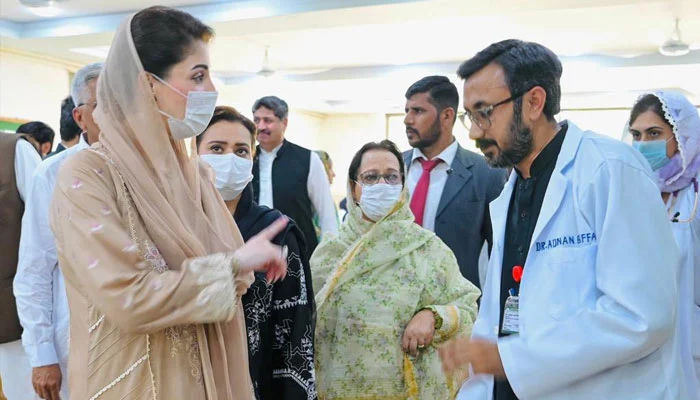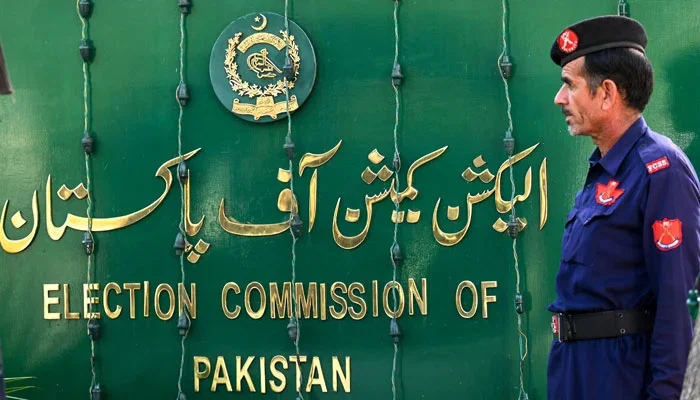By Shakeel Ahmed
ISLAMABAD: On the occasion of World Environment Day, the South Asia Journalists Federation (SAJF) reaffirms its commitment to raising awareness about the escalating environmental crisis in South Asian countries and the critical role of environmental journalists in addressing this pressing challenge. As we confront the triple planetary crisis of climate change, biodiversity loss, and pollution, we call for urgent action to protect our environment and ensure the safety of those who report on it.
South Asia faces severe environmental challenges, including air and water pollution, deforestation, desertification, and the devastating impacts of climate-induced disasters such as floods, droughts, and rising sea levels. These crises threaten the lives and livelihoods of millions across the region, disproportionately affecting vulnerable communities. From Pakistan’s depleting freshwater resources to Bangladesh’s struggles with rising sea levels, and from India’s urban air pollution to the deforestation crises in Sri Lanka and Nepal, the region stands at a critical juncture. Effective environmental governance and informed public discourse are essential to mitigate these challenges.
Environmental journalists play a pivotal role in exposing environmental degradation, holding powerful actors accountable, and mobilizing stakeholders for change. However, their work has become increasingly perilous. According to UNESCO, over 70% of environmental journalists globally have faced attacks, with at least 44 murdered between 2009 and 2023, and only five convictions secured. In South Asia, journalists face physical violence, legal harassment through Strategic Lawsuits Against Public Participation (SLAPPs), detention, and censorship, often perpetrated by state and private actors. In Bangladesh, media freedom has sharply declined, with laws like the Digital Security Act fostering a culture of fear. In India, journalists in regions like Kashmir face intimidation and detention, while in Pakistan, environmental reporting is sidelined amid socio-political turmoil.
SAJF General Secretary Shakeel Ahmed stated, “Environmental journalists are the sentinels of our planet’s health, yet they face unacceptable risks for simply doing their job. Governments, corporations, and civil society must ensure their safety and uphold their right to report without fear. On this World Environment Day, we urge stakeholders—statesmen, lawmakers, activists, administrations, lawyers, and intellectuals—to prioritize environmental protection and press freedom as inseparable pillars of a sustainable future.”
SAJF President Geetartha Pathak added, “The environmental crisis in South Asia demands a collective response. Journalists have an obligation to sensitize all stakeholders by amplifying marginalized voices, exposing environmental injustices, and fostering informed public debate. We call for stronger legal protections, transparent environmental governance, and proactive information-sharing to empower communities and hold polluters accountable.”
The SAJF urges governments across South Asia to enact and enforce robust environmental legislation, strengthen Freedom of Information laws, and protect journalists from violence and censorship. We call on lawmakers to address implementation gaps in environmental impact assessments and ensure meaningful public participation. Activists, lawyers, and intellectuals must collaborate to advocate for environmental justice and defend those targeted for their reporting. Media organizations should invest in training and resources for environmental journalists to navigate these challenges safely and effectively.
On this World Environment Day, the SAJF stands in solidarity with environmental journalists and defenders across South Asia. We pledge to continue advocating for a free press, a healthy environment, and a just society where the voices of the vulnerable are heard, and the truth is upheld.



